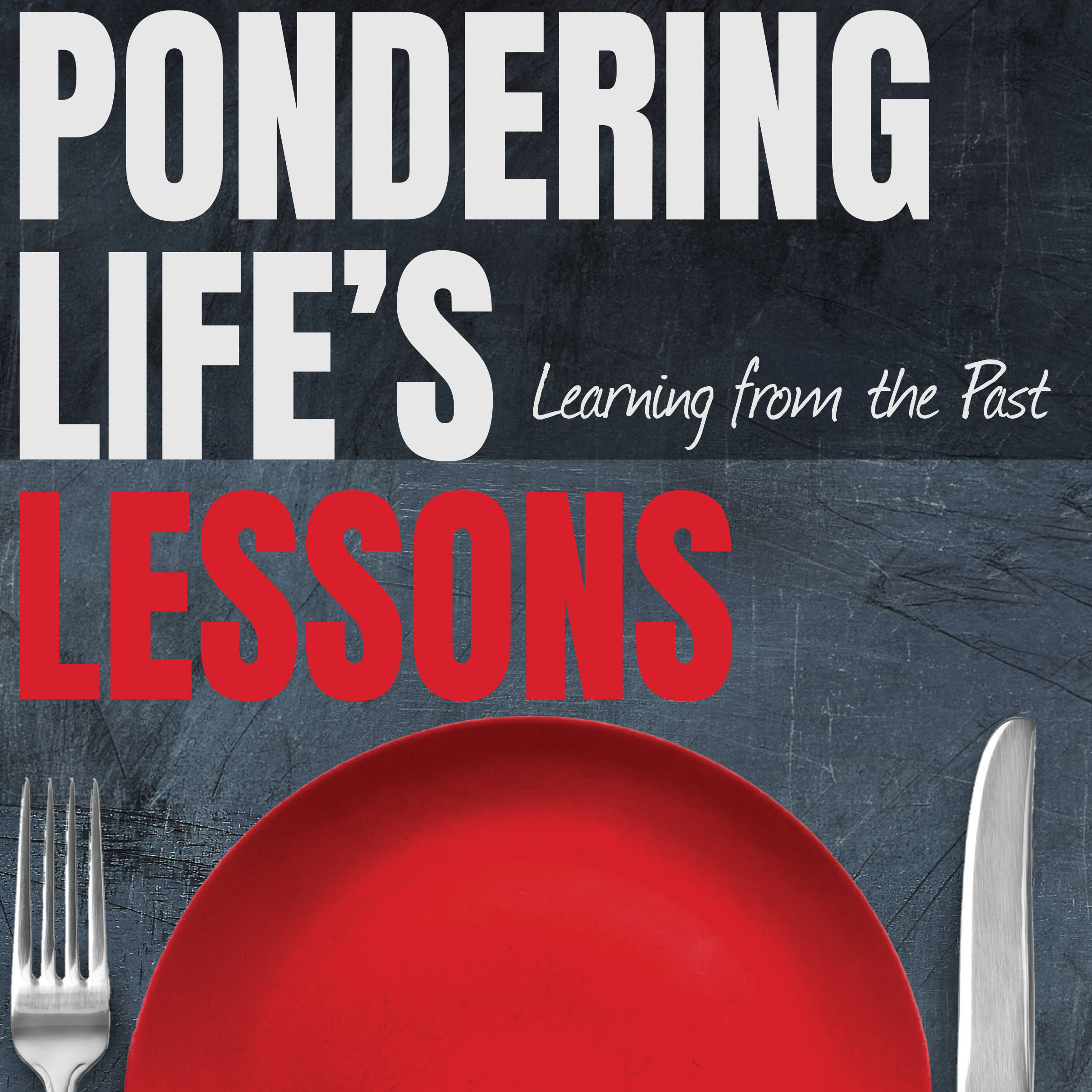If they had lived, my parents would have been married seventy-eight years this past Friday. They got married on December 8, 1945. My dad died in 1999 and my mom in 2014.
Dad joined the army in January of 1941. He signed up for one year and was scheduled to be discharged in January of 1942. The Japanese bombed Pearl Harbour on December 7, 1941, so Dad, like thousands of other men, remained in the service until the war ended.
He was twenty-two years old when he enlisted and was dating my mom. Sometime during his first couple of years of service he got a tattoo that included her name.
Mom worked in support of the war but didn’t hesitate to go out and have a good time. She liked to dance and there were several opportunities to do so in small dance halls and clubs that dotted metro Detroit. Somewhere along the line she met a drummer in a band, and they married in 1943. I believe she was smitten with the musician and said, “Yes” when he asked. To hear Mom tell it, they were married about an hour and a half. (That’s my take on the tale.) The first time she got ‘sick’ he dumped her. My grandfather had the marriage annulled.
World War II ended in Europe with the unconditional surrender of Germany in May 1945. Victory and surrender came later for the Allies in the Pacific Theater. After years of battles and unsuccessful attempts at negotiating a treaty, the United States dropped atomic bombs on Hiroshima and Nagasaki in early August 1945. Japan announced its intention to surrender on August 15th and signed the official document on September 2nd.
My dad was stationed in the Pacific. He saw action in the Philippines, and he didn’t head back to “the States” for a couple of months after the treaty was signed.
 He ended up in Mt. Clemens some time that fall. Like thousands of other GIs, he rekindled his relationship with the girl on his tattoo. They took the train to Chicago where he planned to reenlist. He’d served five years and planned to make a career of it. He only had to serve fifteen more and could retire. He married Mom on December 8th, exactly four years to the day after we declared war with Japan.
He ended up in Mt. Clemens some time that fall. Like thousands of other GIs, he rekindled his relationship with the girl on his tattoo. They took the train to Chicago where he planned to reenlist. He’d served five years and planned to make a career of it. He only had to serve fifteen more and could retire. He married Mom on December 8th, exactly four years to the day after we declared war with Japan.
During the reenlistment process he was told he’d be sent to Europe. “You’ll help with the reconstruction.” He was a member of the army corps of engineers so that made perfect sense.
His only question was, “What about my wife?”
“She’ll be here when you get back.”
So, he didn’t sign.
Dad never intended to make a career of the army until he’d logged his five years. Staying in until he was forty-two made perfect sense until he was told his wife would have to stay behind. Thousands of men were faced with a similar challenge. Some went and some stayed.
They became known as the Greatest Generation. If you google it, you may find this.
The Greatest Generation, also known as the G.I. Generation and the World War II Generation, is the generation defined as people born from 1901 to 1927. They were shaped by the Great Depression and were the primary generation composing the enlisted forces in World War II.
In the United States, if they didn’t serve in the armed forces, they worked in industries that contributed to the winning of the war. There were about sixty-three million members of the generation worldwide. When my dad died, I spoke to one of his honor guards who told me they were dying at a rate of 15,000 a day. That was twenty-four years ago. Fewer than 100,000 remain in the United States and 340,000 worldwide.
To people like me, they were just our moms and dads. They raised us as best they could. We are who we are because of them.

